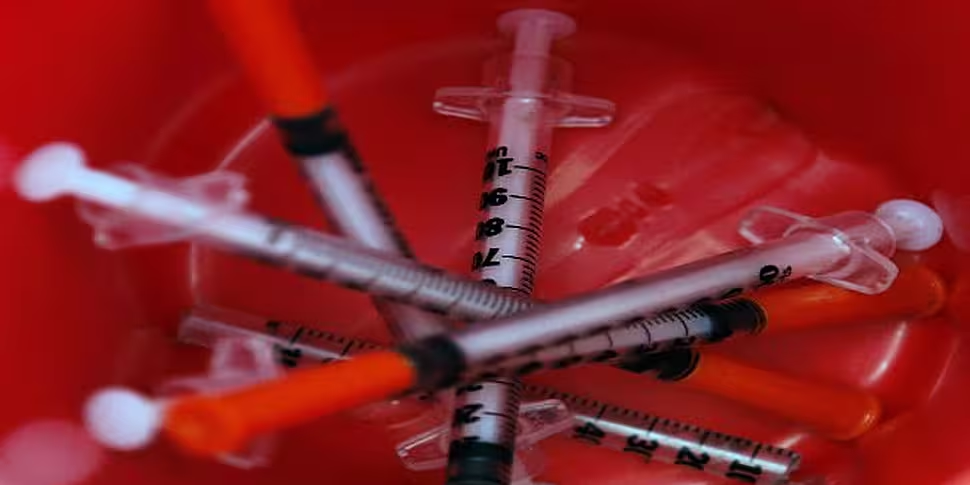The Merchants Quay Project in Dublin has been chosen as the preferred location for Dublin’s first supervised injection centre.
The HSE has awarded the contract to the facility on a pilot basis, subject to planning permission.
The plan was approved by the Dáil in March last year – and it was originally hoped it would be up and running by the end of 2017.
It was delayed however, when Dublin City Council ruled that planning permission would be required.
Public health
Welcoming the announcement this morning, the Minister of State for Drug Strategy, Catherine Byrne said the centre aims to reduce the harm that injecting drug use can cause to individuals, their families and communities.
“This is an important public health initiative for responding to this reality of people injecting drugs on our streets,” she said.
“This pilot facility seeks to bring vulnerable people into a safe and clean supervised setting while also helping to reduce drug litter and open injecting in our communities.”
Planning
She said the full engagement of all stakeholders – including the local community – will be critical to the success of the centre.
The planning process is likely to take around 12 weeks – unless local objections bring the process to An Bord Pleanála.
Pilot contract
The pilot contract will require the facility demonstrate ongoing consultation with the local community – with a Community Liaison Worker to engage with local businesses and residents “in a meaningful manner.”
A Clinical Governance Committee will also be established to ensure the facility is providing the appropriate care to its clients.
The committee will also be required to show that those interventions are in line with international best practice.
Harm reduction
Dr Eamon Keenan, national clinical lead for HSE Addiction Services said Merchant’s Quay was chosen following a “robust procurement process.”
“This is a significant Public Health development in Ireland allowing a marginalised group of society - injecting drug users who may be homeless - to access a harm reduction service that will improve their health, access them into a range of medical and social services, and contribute towards a reduction in drug related deaths.”
After the legislation passed through the Seanad, the Department of Health said the facilities would provide access to clean, sterile injecting equipment and have trained staff on hand to provide emergency care in the event of an overdose, as well as advice on treatment and rehabilitation.”
It said the centres would also “help alleviate the problems associated with injecting on the street, including drug-related litter.”
Best practice
Almost 80 official drug consumption facilities currently operate in seven EMCDDA (European Monitoring Centre for Drugs and Drug Addiction) reporting countries.
There are also 12 facilities in Switzerland.
The government has warned that possession of controlled drugs will remain an offence outside the injecting facilities – while possession for sale or supply will remain an offence both inside and outside.









